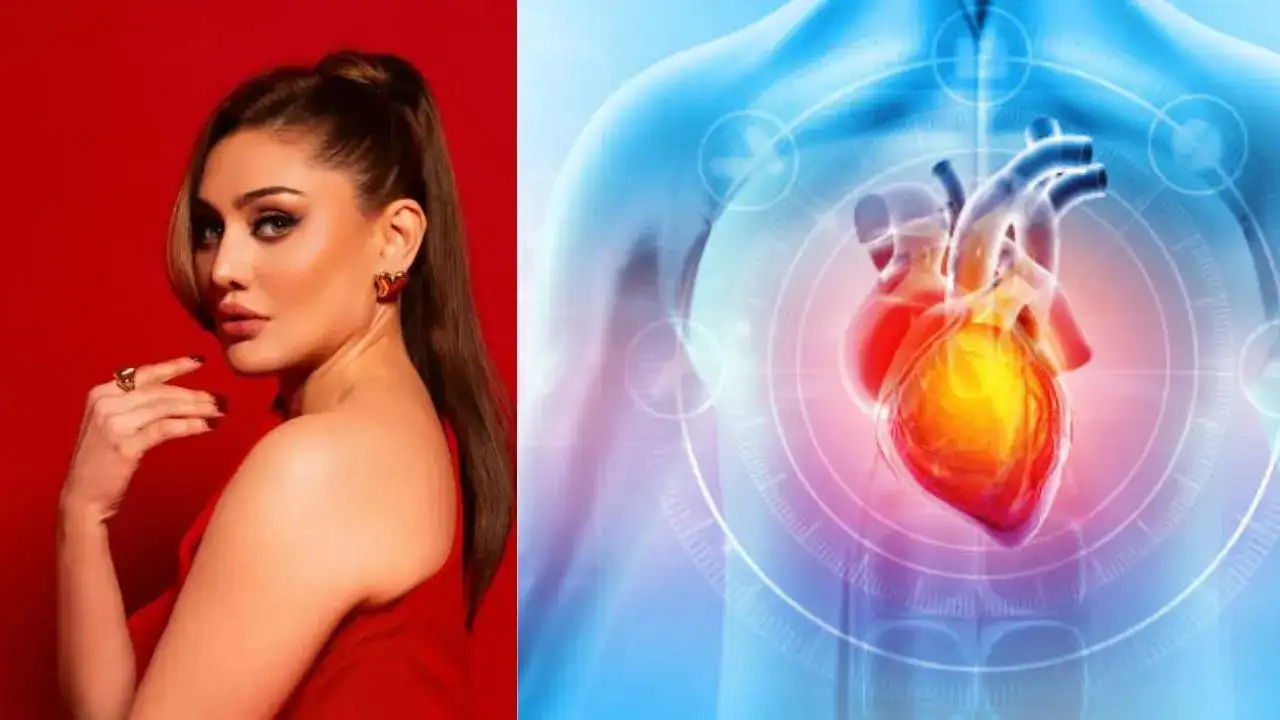
Following the confirmation of her death, Shefali's body was sent to Cooper Hospital for a postmortem examination (Pic: Instagram/iStock)
Popular actor Shefali Jariwala died at the age of 42. Jariwala reportedly suffered a cardiac arrest and was brought to the hospital by her husband, where she was declared dead.
Following the confirmation of her death, her body was sent to Cooper Hospital in Mumbai for a postmortem examination. However, till now it has not been confirmed that she died of a cardiac arrest, as reported by some media.
Cardiac arrest is an emergency condition where the heart abruptly stops beating. And as popularly believed, it is not something that only affects the elderly or those with a known heart condition.
What is a cardiac arrest?
A cardiac arrest happens when your heart suddenly either stops beating or beats so fast that it stops pumping blood. Doctors say during this, most people collapse and become unresponsive, and the symptoms begin without warning. This is why people also call it sudden cardiac arrest.
This life-threatening condition can become fatal if you do not get immediate treatment.
According to experts, during cardiac arrest, also known as cardiopulmonary arrest, since the heart stops pumping blood, within minutes your other organs also start dying due to lack of oxygen. Emergency treatment includes cardiopulmonary resuscitation or CPR and defibrillation. Doctors say CPR keeps enough oxygen in your lungs and gets it to your brain until an electric shock restores a normal heart rhythm.
How is a cardiac arrest different from a heart attack?
Most people think both heart attacks and cardiac arrests are similar. However, both are medical emergencies related to heart health, so it is important to understand the difference between them. A heart attack occurs when blood flow to the heart is interrupted, typically by a blood clot, whereas a sudden cardiac arrest is an electrical malfunction in the heart that causes it to stop beating entirely.
Unlike a heart attack, where the heart may continue to beat and only the blood supply to the heart is compromised, sudden cardiac arrest causes the heart to stop beating. Because a sudden cardiac arrest results in an abrupt, unexpected loss of heart function, breathing, and consciousness, blood circulation to the brain and other vital organs ceases instantly. If not responded to immediately, structural brain damage, or even death, can result in a matter of minutes.
Experts believe more than 95 per cent of cardiac arrests end in a fatality.
What happens during a heart attack?
In a heart attack, a slow build-up of plaque in the arteries can dangerously impact the blood flow to the heart, known as coronary artery disease. This plaque narrows the arteries, slowing or completely blocking the blood flow to the heart, and can also break off, causing blockage in another part of the artery.
The plaque can either build up so much that it restricts the blood flow to the heart, or a piece of the plaque can break off and then get lodged in another area, thus blocking the blood flow to the heart in a different part of the vessel. When a heart attack occurs, these blockages prevent the heart from receiving oxygen-rich blood. Without the blood flow keeping it healthy, parts of the heart begin to die.
According to experts, even though both heart attack and cardiac arrest are different conditions, they can also be related. Heart attacks increase your risk for sudden cardiac arrest, which often occurs after a heart attack or during recovery. However, most heart attacks do not lead to sudden cardiac arrest.
Those who suffer sudden cardiac arrest often have no signs or symptoms before it occurs. However, some patients do have fatigue, breathlessness, fainting, dizziness or lightheadedness, heart palpitations or chest pain.
